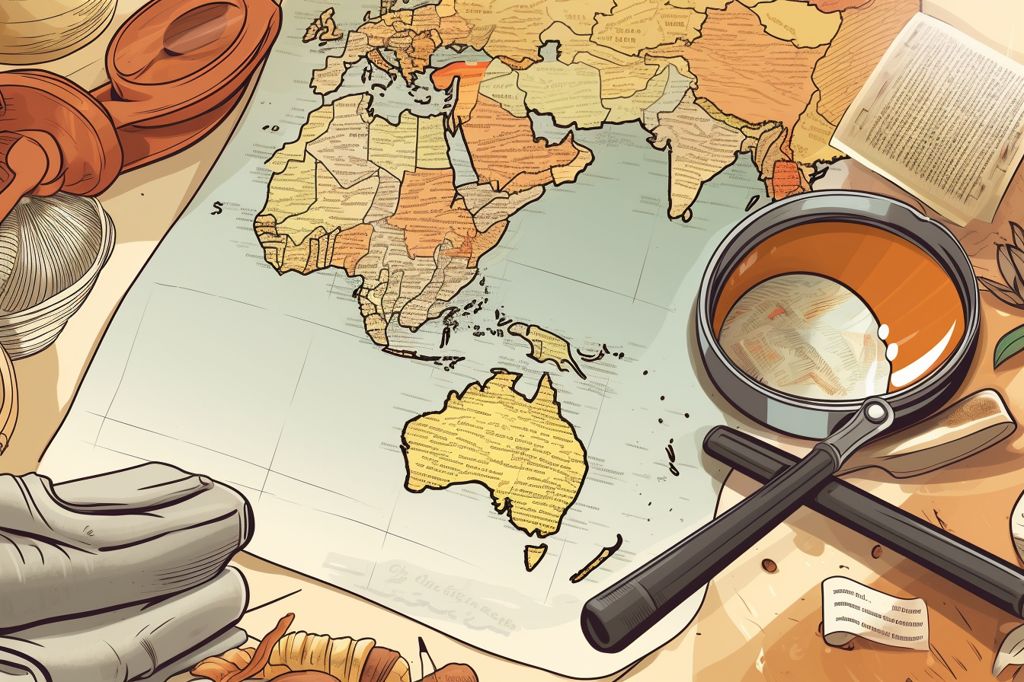The South African government has launched the ‘One Country One Skills Development Plan’ to address skills supply and demand imbalances. The Department of Higher Education and Training (DHET) is spearheading this innovative plan, which seeks to create a more skilled and diverse workforce that will drive economic growth and promote social inclusion.
Supporting the ‘One Country One Skills Development Plan’
The National Skills Fund (NSF) was established to support the government’s plan by providing bursaries and funding to disadvantaged South Africans for education and training in scarce skills areas. Education and skills development are essential in reducing inequality in the economy, according to the Minister of Higher Education, Science, and Innovation, Dr. Blade Nzimande. These initiatives are critical in preparing South Africans for the new world of work and supporting economic recovery efforts in tackling inequality, unemployment, and poverty in the 21st century.
NSF Bursaries: Empowering Students
The NSF disbursed R1.7 billion towards its bursaries program in 2021/22, benefiting students enrolled in undergraduate and postgraduate programs in scarce and critical skills. The funding helps students from poor and working-class backgrounds access higher education in high demand occupations. The NSF bursary covers tuition fees, book allowances, accommodation, meal allowances, and incidental allowances. However, students must work within South Africa for a stipulated time period upon successful completion of their studies to ensure the skills acquired through the NSF’s support are utilized in the country’s economy and help address critical skills shortages.
Strengthening TVET Colleges and Community Colleges
The NSF allocated R2.2 billion towards strengthening the program offerings of TVET colleges through the establishment of the Public TVET Colleges’ Capacity Building and Occupational Programmes Phase III Funding Window. Additionally, the NSF committed R200 million towards capacity building for Community Colleges, benefiting approximately 3,000 out-of-school youth and adults requiring various forms of skilling.
Empowering Emerging Sectors
In emerging sectors of the economy, the NSF committed R625 million from 2018 towards the South African International Maritime Institute (SAIMI), which fosters partnerships and collaborative efforts toward better education, training, and upskilling programs in the South African maritime sector. The institute has also formed partnerships with a broad base of stakeholders from universities, SETAs, TVET colleges, the maritime industry, government, and representatives from the African maritime sector.
Supporting Critical Organizations
The NSF continues to support the National Skills Authority (NSA) and the Human Resources Development Council of South Africa (HRDC) in directing the country’s skills development efforts. The NSF has also been appointed a fund manager for the Presidential Youth Employment Intervention (PYEI) Phase II intervention, with a commitment of R200 million from the NSF and R100 million from the National Treasury to expand employment and training opportunities for young people in digital and information and communication technology (ICT) skills.
Artisan Development Programme
The NSF allocated R2 billion towards training more than 6,000 apprentices through the Artisan Development Programme, part of the government’s commitment to producing 30,000 artisans annually by 2030. This funding support is critical in contributing to the National Development Plan’s vision for a skilled and capable workforce that meets the needs of the country’s citizens and builds a healthy economy.
Empowering South Africans for a Brighter Future
The National Skills Fund plays a vital role in shaping the future of South Africa by empowering its citizens with the education and skills necessary to thrive in the 21st century. Through strategic partnerships and bursaries and funding for scarce skills training, the NSF is helping to build a skilled and capable workforce that will drive the nation towards a brighter, more prosperous future.









